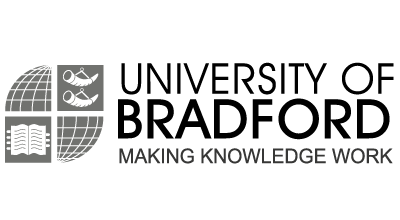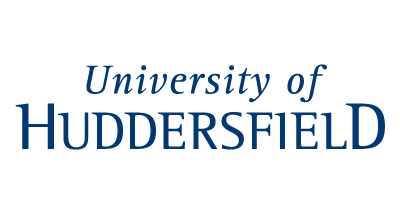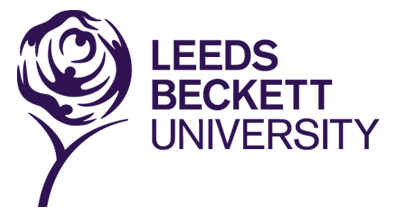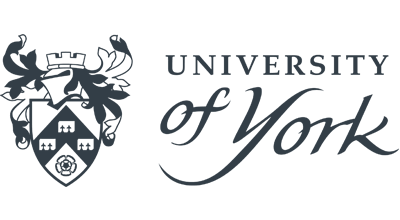Date published: 01/03/18
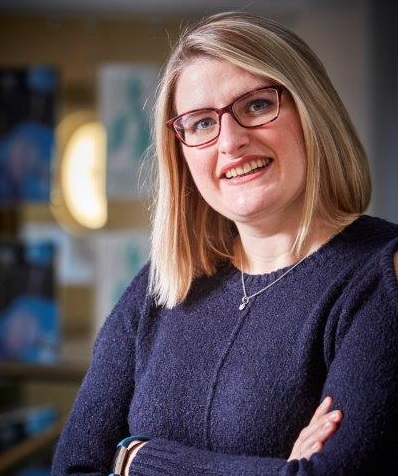
The value of training – together, Dr Danielle Miles
As both a PhD student and a post-doc researcher, I was never shy about taking up any training opportunities that were offered to me – and that’s the reason I’m working in medtech today. My background is in chemistry, and my interest in finding applications for my research led me first to biomaterials, then to biomedical engineering and finally to medtech. All these moves were spurred on by training I took part in.
Innovation Skills Gap
It’s not always easy to find good quality, relevant training opportunities, however. The Science Innovation Audit for the Leeds City Region highlighted that an innovation skills gap, in both industry and universities, is a major challenge for the medtech sector.
One of the issues is that medtech isn’t a subject in its own right. By its very nature, it is interdisciplinary, encompassing science, engineering, and health, so innovation in the sector requires those areas of knowledge as well as all the complexity associated with any technology development. Academics are unlikely to handle all the stages along the innovation pipeline, but it’s helpful for them to understand what they are. This ensures they can better plan the early stages where they are closely involved.
Specialised Medtech Innovation Training
Specialised medtech innovation training for academics helps provide this understanding. We often hear that industry struggles to talk to academics, that academia and industry have different priorities or that they work to different timescales. By giving academics a language in common with industry, with technology transfer experts and with investors, those communication problems are more easily overcome. Training helps academics understand what industry needs and why, so they’re better prepared for the questions they will be asked and the timescales involved.
If we want more innovation to come from our universities, we need academics to have these skills, this language, this understanding. Traditional academic professional development trains good researchers and good scientists. But it doesn’t always help someone commercialise their idea and take it to market. It doesn’t help researchers use their expertise to respond to the needs of clinicians or patients or industry, rather than thinking first about their own research. This is really important because often the most successful innovations are created through a market pull, rather than a technology push.
Translate Training Programme
One of the great things about the medtech innovation training programme we run through Translate is that it is cross-institutional. The workshops and other opportunities are open to all our partner universities, so they provide fantastic networking opportunities. It’s amazing how often, on our workshops academics with common interests, who may only work down the road from each other, meet for the first time. The communication between those receiving the training has often been as important as the communication with the formal trainers.
Translate has established the need for specialised training in medtech innovation and we’ve shown there is a clear appetite for it amongst academics. If we are to capitalise on the opportunities for medtech in the region, this kind of training needs to continue in some form. Of course, it would be possible for each university to replicate the training we’ve provided within their own professional development offer. But surely that would be shame: losing the collaborative and collective aspect would mean losing a key element of the experience gained. It may be a different way of working for the region‘s institutions, but we’d love to see medtech innovation training continue to be delivered to academics regionally, together.
For further information please see http://www.translate-medtech.ac.uk/translate-me/
Translate: Me



